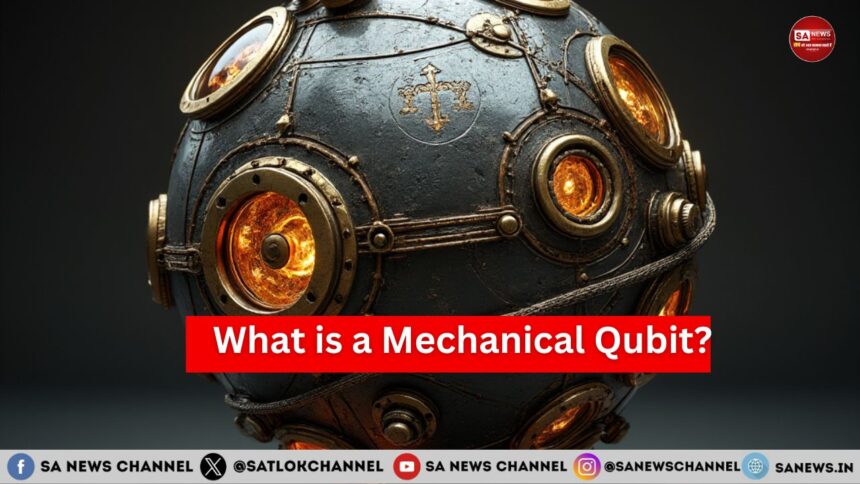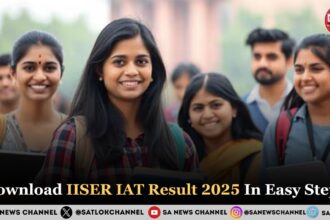Quantum computers can solve problems that conventional computers cannot, thanks to their basic unit of operation: the qubit. New advancements, such as mechanical qubits, have further expanded the capabilities of quantum computing.
What is a Mechanical Qubit?
Mechanical qubits are small systems, analogous to the base of a drum key, that can exist in multiple states simultaneously. Unlike traditional qubits, which rely on electronic states, mechanical qubits depend on vibrational states. This attribute allows for potentially longer coherence times. Coherence time refers to the period during which a qubit maintains its quantum state. Conventional electromagnetic qubits often have shorter coherence times, which limits their applications. Mechanical qubits, on the other hand, offer extended coherence times, overcoming this limitation.
Research at ETH Zurich
Scientists at the Swiss Federal Institute of Technology (ETH) in Zurich have developed the first operational mechanical qubit. Their findings were published in the journal Science on November 15. Led by doctoral student Yu Yang, the team achieved a significant milestone in quantum research.
What is a Qubit?
A qubit is the fundamental unit of quantum information. Unlike classical bits, which exist as either 0 or 1, qubits can exist in a superposition of states, enabling quantum computers to perform complex calculations much faster than conventional computers.
Challenges in Qubit Development
The development of mechanical qubits was motivated by the need to address the limitations of existing qubit technologies. While electromagnetic qubits operate within thermodynamic constraints, mechanical qubits function under quantum principles, leading to distinct advantages. However, constructing mechanical qubits is highly complex.
Hybrid Qubit Systems
Researchers have explored composite hybrid systems that combine mechanical resonators with electromagnetic qubits. This approach aims to leverage the strengths of both types of qubits. In successful implementations, hybrid systems can achieve longer stability times compared to purely electromagnetic or mechanical qubits.
New Construction Techniques
The ETH Zurich team employed advanced manufacturing techniques to enhance the performance of mechanical qubits. They used a piezoelectric disk coupled to a superconducting qubit, significantly improving coherence time and operational efficiency.
Performance and Future Prospects
The prototype mechanical qubit developed at ETH Zurich demonstrated a coherence time of approximately 200 microseconds. Although this is shorter than the best-performing superconducting qubits, it marks an important step forward for mechanical qubits. This advancement highlights the potential of mechanical qubits to complement and improve current quantum computing technologies.
Frequently Asked Questions (FAQs)
What is a hybrid system?
A hybrid system refers to a combination of technologies aimed at optimizing performance or efficiency.
Which hybrid cars are available in India?
Popular hybrid cars in India include Toyota Urban Cruiser Hyryder (₹11.14 – ₹19.99 Lakh), Toyota Vellfire (₹1.22 – ₹1.32 Crore), and Lamborghini Urus (₹4.18 – ₹4.57 Crore).
Do hybrid cars have AWD (All-Wheel Drive)?
Yes, some hybrid cars offer AWD capabilities.
What does “smart hybrid” mean?
It refers to advanced hybrid technology used in Maruti Suzuki vehicles for better fuel efficiency and performance.
What is EV mode in a hybrid car?
EV mode allows a hybrid vehicle to operate solely on electric power for a limited range and at speeds up to approximately 25 mph.









